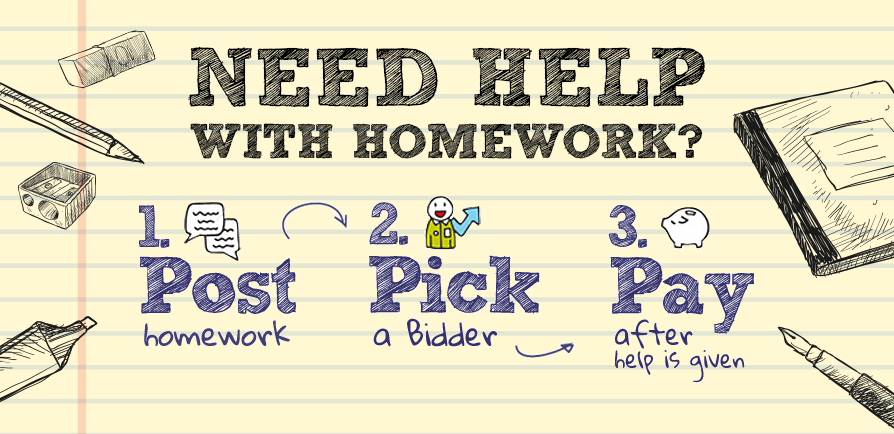Gaining freedom is one of the main pros of college life, but at the same time, it can be associated with a fair amount of anxiety. Study goals, loan problems, and living away from home can all play on students’ minds and affect their well-being. Here is how to keep the disquietude at bay and sort things out.

1. Stick to a Regular Schedule
Time can easily slip away from students while they are in college. Therefore, it’s necessary to select a time management rhythm so that deadlines do not pile up. This means eating regular meals and snacks at reasonable times of the day and going to sleep at an appropriate hour. A good night’s sleep is crucial not only for learning success but for keeping your stress levels under control. Try going to bed 30 minutes early, leave your phone and laptop in another room, and read a book instead.
2. Know Your Boundaries
When students overcommit to activities, it can frequently lead to fatigue, stress, and eventually, burnout. Remind yourself that it is okay to say “No” to your college friends, especially if you are already feeling exhausted. Thereby, let them know when your schedule is filled up. On the other hand, you have to know your boundaries when it comes to school as well. Be cautious about taking on optional readings or extra credit assignments if you are notably occupied with other tasks.
Almost everything will work again if you unplug it for a few minutes, including you.
– Anne Lamott
3. Don’t Give Up on Your Passions
College students need a break most when they believe they don’t have time to take one. Engaging in hobbies can provide a stimulating variety in students’ lives and help to keep their stressful challenges in perspective. Try to find at least a few hours every week to take up a hobby. Whether it be playing guitar, baking, attending plays, or hiking, sneak them into your breaks and do something that brings you joy.
4. Break Bad Habits
Habits define students’ life in college. Good habits aren’t difficult to repeat and require little thought. Bad habits are common, and most students have at least one while many have numerous. Common ones include procrastination, cramming, skipping classes, multitasking, or using social media while studying. Getting rid of or replacing bad habits is not always an easy task, but it can go a long way in helping you improve your grades.
5. Ask for Help and Move On
When students find themselves stressing over a seemingly impossible problem, the best solution will be to text a classmate or email a teacher. Then move on to other assignments. Spending hours focusing on the same problem can waste students’ time, slow them down, and drain them emotionally. If you are confused about who to ask for help with your homework, don’t be afraid to contact an online tutor.
HomeworkForYou is one of the most reliable online services that has already assisted thousands of college students around the world. Our expert tutors provide last-minute assignment help in any subject from any field or course and deliver only original and plagiarism-free work. Besides, it’s an easy-to-use website — just Post Your Homework and pick a tutor to get it done today!

